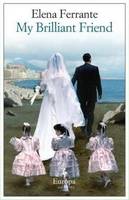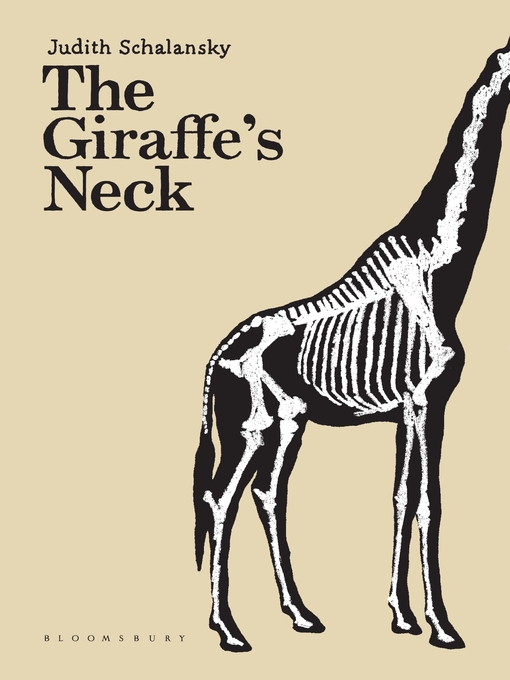Catching up on some of the books I’ve been reading lately…
 Elena Ferrante, My Brilliant Friend (2012)
Elena Ferrante, My Brilliant Friend (2012)
Translated from the Italian by Ann Goldstein
This is the first of the Neapolitan novels by Elena Ferrante (a pseudonym; the author’s true identity remains unrevealed), chronicling the lives of two friends: Elena Greco and Lila Cerullo. My Brilliant Friend follows the two girls through to their mid-teens in the 1950s; it captures the complexity and uncertainty of childhood friendships. Elena (the narrator) is by turns drawn to Lila and intimidated by her. Lila (whose viewpoint we never witness) remains a mysterious figure, moving towards Elena, then away, taking unexpected paths in life and love. The girls’ story is played out against the background of Naples at a point of change, and with the desire to escape their poor neighbourhood, ready or not. It’s an intriguing start to Ferrante’s series.
My Brilliant Friend is published by Europa Editions.
Tore Renberg, See You Tomorrow (2013)
Translated from the Norwegian by Seán Kinsella (2014)
This hefty (550-page) novel chronicles three days in the lives of a varied cast of characters, including Pål, a civil servant mired in debt; his daughters; some of their friends and acquaintances; and the gangsters whom Pål has turned to in the hope of resolving his situation. Renberg creates a web of almost a dozen viewpoint characters, many with secrets to guard. See You Tomorrow feels to me a little too long for the story it’s telling; but it’s testament to Renberg’s skill that he manages such a large cast of characters and keeps up no small amount of momentum.
See You Tomorrow is published by Arcadia Books.
Judith Schalansky, The Giraffe’s Neck (2011)
Translated from the German by Shaun Whiteside (2014)
In a school in the former East Germany, Inge Lohmark surveys her new class. She thinks she has the measure of them; indeed, she thinks she has the measure of most things. Lohmark’s worldview is informed by the biology that she teaches, and can come across as cold (she has little time for her colleague’s more informal, friendly approach to teaching, for example). But what The Giraffe’s Neck reveals is a character trying to hang on to what she has as the world changes around her. By novel’s end, we start to see through Lohmark’s façade, as she realises that perhaps even she must evolve.
The Giraffe’s Neck is published by Bloomsbury Books.
Andreas Maier, The Room (2010)
Translated from the German by Jamie Lee Searle (2014)
The Room is a fictionalised study of Andreas Maier’s Uncle J. Exactly what might be fictional, and what real, becomes something of a moot point in the face of such a larger-than-life character as J – he’s smelly, prose to outbursts of temper, forever tinkering away at the machines in his room. Maier’s portrait of Uncle J can hardly be called sympathetic; but perhaps there is ultimately some light in this tale of a man and his place in a small community.
The Room is published by Frisch & Co.
Chuck Palahniuk, Survivor (1999)
This was a book group choice, and my first Palahniuk novel. Over the past year-and-a-bit, the book group has given me my first experience of Dave Eggers and A.M. Homes, neither of which I particularly enjoyed. Reading Palahniuk was better, but still left me feeling frustrated. Survivor concerns one Tender Branson, whom we first meet as he’s recording his story into the black box of a crashing aeroplane. Branson is the last survivor of a death cult, which led him to become quite the media concern. I appreciate how Palahniuk underlines the superficiality of the celebrity machine (fifteen years on, it feels right on the money in many ways). But I got annoyed that this ostensibly spoken text was peppered with repeated phrases that felt more like self-consciously ‘literary’ writing. I suspect I’m becoming more attentive to the prose of what I read, and reactions like this may be the price to pay for that.
Survivor is published by Vintage Books.

Recent Comments